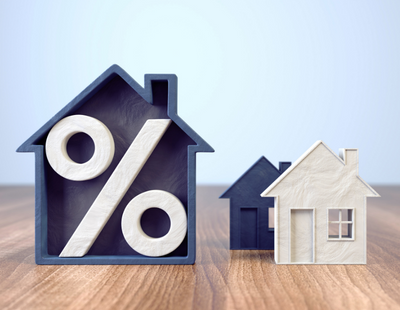
The energy price cap is to rise to an annual average of £1,928 from January.
Regulator Ofgem says a typical household paying by direct debit for gas and electricity faces a five per cent rise, reflecting higher wholesale costs heading in to the cold winter months and also because of a change in Ofgem's cap calculation methodology.
Escalating wholesale market volatility, triggered by geopolitical factors such as the war in Ukraine, the Israel-Hamas conflict, and industrial action at gas production facilities in Australia, have collectively driven up energy unit prices.
Dr Craig Lowrey, principal consultant at the Cornwall Insight energy consultancy says: “Amid the cost-of-living crisis, the last thing households need is a rise in energy bills – especially going into the winter months. Earlier this year, it seemed like the outlook for consumer bills was improving, with bills gradually falling after the dramatic rises post Russia’s invasion of Ukraine. However, as is often the case in the energy market, new challenges have arisen, and our reliance on foreign energy has once again left the UK vulnerable to price increases caused by events around the globe.
“With little in the way of direct energy bill support coming out of the Autumn Statement, consumers are likely to look at lowering energy usage to counteract high bills – particularly given that bills remain well above their historic averages. However, as we move through 2024, it’s not just the persistently high unit costs that will be a worry; the looming rise in electricity standing charges from April adds another layer to the equation.
“Given that standing charges for gas and electricity make up about 16 per cent of overall household bills, even those who use less energy might find themselves grappling with escalating costs. Ofgem’s recently announced review acknowledges this imbalance, but it’s a complex issue. Redistributing these charges might assist some but could harm vulnerable individuals in less energy-efficient homes or those with higher energy needs.
“Fundamentally, the solution extends beyond tweaking energy bills, given the underlying cause of rising energy bills over the last 24 months. We need a long-term strategy that reduces our dependence on imports of energy – particularly gas. By investing in domestic renewable energy sources, we can start to break free from the international market fluctuations and stabilise our energy prices for homes and businesses alike.”
We're excited to announce that we're working on building a shiny new website for readers of Landlord Today! As part of this process, commenting on articles will be temporarily disabled. We look forward to sharing our new and improved Landlord Today website with you shortly!









.png)

(1).png)







.jpg)






%20(002).png)





